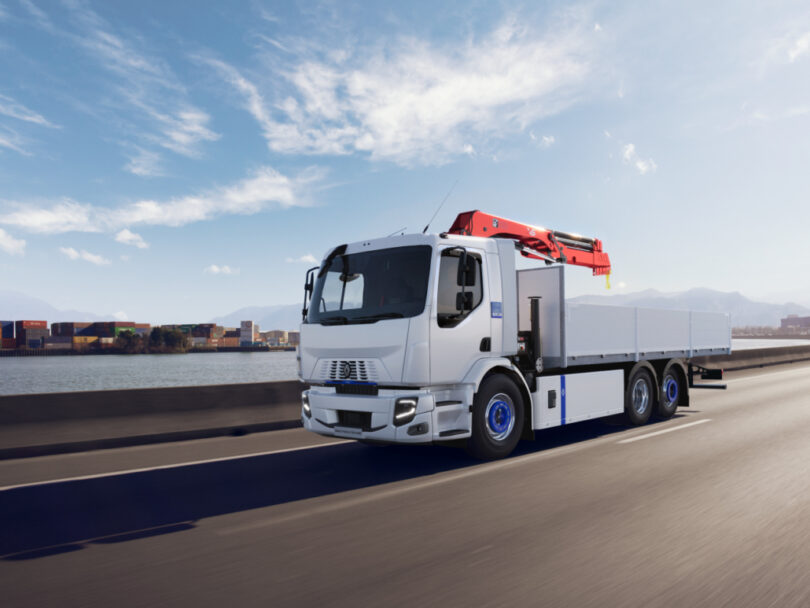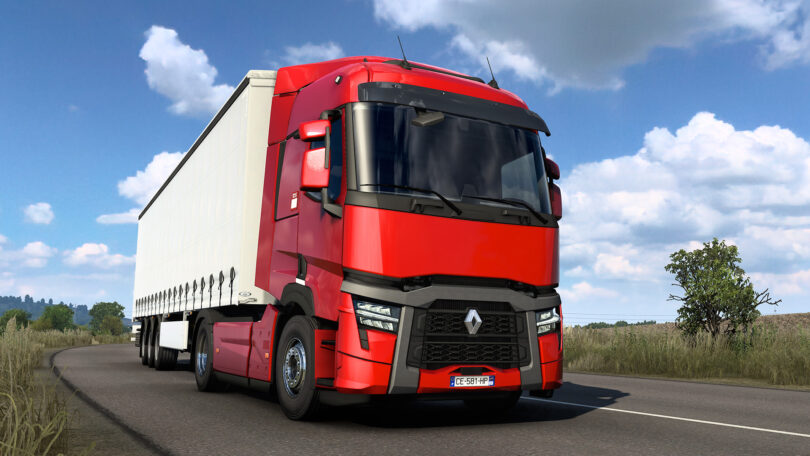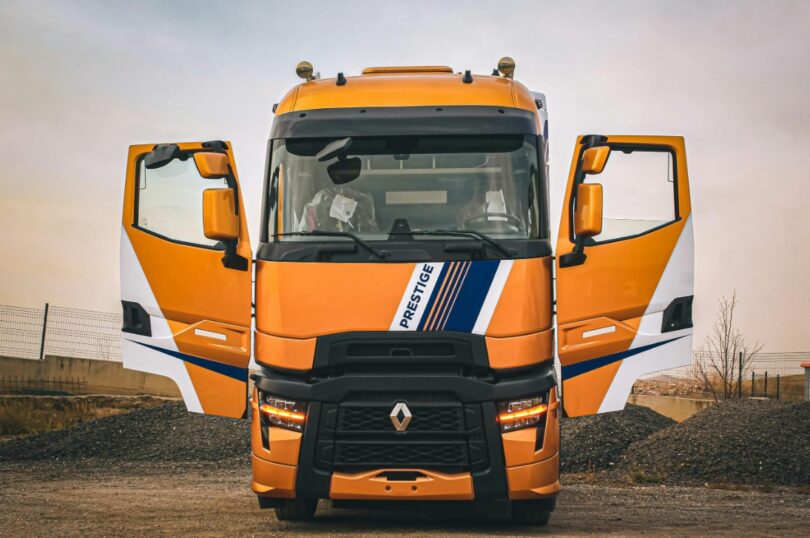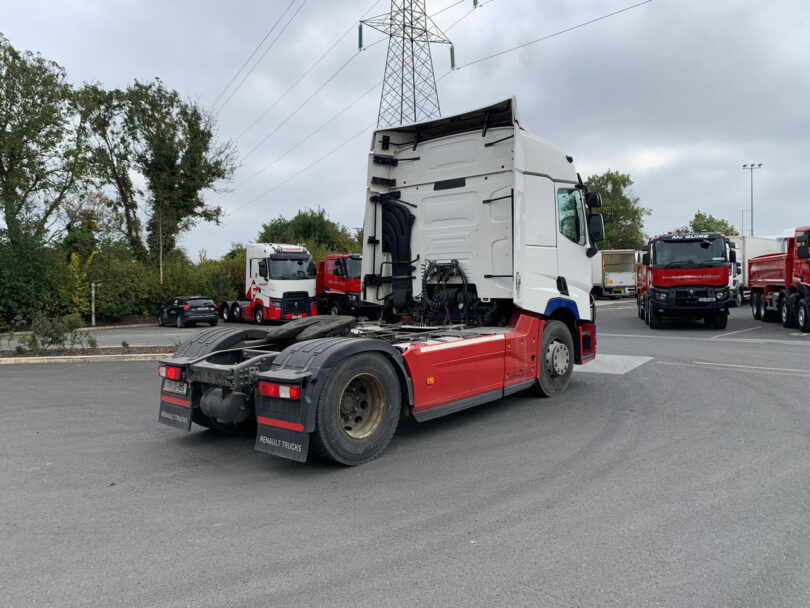 |
Investing in vehicles for business requires serious thought. One common question is whether purchasing a second-hand rigid truck makes financial sense. Is it a smart investment, or does it come with risks that could outweigh the benefits?
To answer this, we’ll break down the pros and cons in detail, examining different aspects of owning a used rigid vehicle and how it may impact your operations. The goal is to help you make a well-informed decision, whether you’re expanding your fleet or replacing an older model.
Key Points:
- Second-hand rigid trucks offer substantial cost savings compared to new models.
- Maintenance costs may be higher if the vehicle has significant wear.
- Vehicle reliability depends on prior usage and condition.
- Used trucks offer immediate availability compared to waiting for new deliveries.
- Consider resale value when investing in second-hand vehicles.
Cost-Effectiveness of Buying a Second-Hand Rigid Truck

Source: blog.scssoft.com
When thinking about a second-hand vehicle, the biggest factor for many buyers is the cost savings. A new truck can be expensive, especially when considering specialized features. Buying a second-hand rigid truck can offer significant savings, sometimes at a fraction of the cost of a new model.
However, the cost benefit goes beyond the initial price tag. With proper maintenance, a second-hand vehicle can serve reliably for years, allowing you to maximize the value from your investment. Many businesses choose second-hand trucks from trusted networks like the rigid truck range at Renault Trucks because they offer a wide variety of options, from tippers to refrigerated trucks. This can be an excellent option for businesses looking for specific features at a lower cost.
Vehicle Condition and Maintenance
Trucks with heavy mileage or wear may require more frequent repairs, driving up the overall costs. The vehicle’s condition when purchased can heavily influence how much money you’ll need to spend on upkeep. The advantage, however, is that many dealerships offer vehicles with certified maintenance records. Some second-hand trucks even come with warranties, offering peace of mind that you won’t be stuck with a lemon.
Before buying, a thorough inspection is a must. Look for signs of wear on essential parts, like the engine and transmission. Also, check the vehicle’s history to ensure no major accidents or issues have been recorded.
Immediate Availability vs. Delayed Delivery
New trucks can often take months to arrive after purchase, especially when they need custom features or configurations. On the other hand, second-hand trucks can be put to work almost immediately, allowing you to get your operations running without delay. This can be crucial for businesses with urgent transportation needs or companies seeking to quickly expand their fleet.
Moreover, the dealership network by Renault Trucks provides a variety of models ready for purchase, so businesses can easily find the specific configurations needed. Two or three-axle variants, curtain sides, or refrigerated models are all accessible without the wait time involved in ordering a new vehicle.
Reliability Concerns

Source: mwtruckparts.co.uk
Vehicle reliability can be a concern for those investing in second-hand options. Trucks that have been heavily used for long-haul journeys may have experienced a lot of wear. However, this is where careful selection and dealership reputations come into play. A reputable seller will offer a detailed history of the truck, including any past repairs, servicing schedules, and known issues. It’s essential to work with dealers who are transparent and offer certified vehicles, ensuring you’re not stepping into a risky purchase.
Many second-hand trucks are rigorously tested before resale, offering a reliable solution for buyers. The trick is knowing the vehicle’s history and choosing options that have been well-maintained.
Financing Options for Second-Hand Rigid Trucks
One advantage of buying a second-hand truck is the flexibility in financing. Many dealers offer financing plans specifically designed for businesses, making the initial investment easier to manage. Unlike new vehicles, second-hand trucks often come with lower financing rates, and the total loan amount will naturally be smaller.
For companies with limited budgets, this can be a great opportunity to expand the fleet without stretching the finances too far. Additionally, financing a second-hand vehicle might allow for a quicker return on investment due to the lower upfront costs.
Resale Value Considerations
While second-hand trucks may not hold value like new ones, they still offer a reasonable resale return if maintained well. Keeping the truck in good condition through regular maintenance will ensure that it still has resale value when you’re ready to upgrade again.
For instance, investing in popular models or trucks with specialized features can increase resale opportunities, as they are more in demand in the used market. Always consider how much value the truck will retain, and balance this against the cost of initial repairs or upgrades.
Pros and Cons Summary

Source: truck1.rs
Pros:
- Cost savings ─ Significant reduction in upfront costs compared to new trucks.
- Immediate availability ─ Ready for use with no long wait times.
- Flexibility ─ Financing options can be more flexible, making second-hand trucks accessible for smaller businesses.
- Environmental benefits ─ Reusing trucks reduces environmental impact.
- Resale value ─ Maintained vehicles can still have a reasonable resale value.
Cons:
- Maintenance costs ─ Older vehicles may require more frequent repairs.
- Potential for wear and tear ─ Heavy prior use may lead to reliability issues.
- Lower resale value ─ Compared to new trucks, second-hand options may depreciate faster.
- Limited features ─ New technologies or custom configurations may not be available.
- Financing risks ─ Higher interest rates for second-hand vehicles in some cases.
Is a Second-Hand Rigid Truck Right for Your Business?
The decision ultimately depends on your business needs, budget, and the type of work your vehicles will perform. For some, the benefits of immediate availability and cost savings will outweigh any potential drawbacks. However, it’s always a good idea to thoroughly inspect the vehicle, check its history, and ensure that the model fits your company’s operations.
For businesses considering a broader range of vehicle options, including used tractor units for sale, the same principles apply: cost savings, vehicle condition, and resale value are all critical factors. With the right approach, investing in second-hand trucks can be a smart, financially sound decision that supports growth without stretching your resources too thin.
Conclusion
In summary, second-hand rigid trucks can be a smart investment, provided you approach the decision carefully. Consider the vehicle’s condition, financing options, and resale value. Collaborate with a reputable dealer who offers transparency and thorough vehicle inspections.
Your business can enjoy cost savings and operational flexibility while maintaining reliability and resale potential. Buying second-hand doesn’t mean compromising on quality— with careful selection, it can provide a lasting and worthwhile addition to your fleet.




